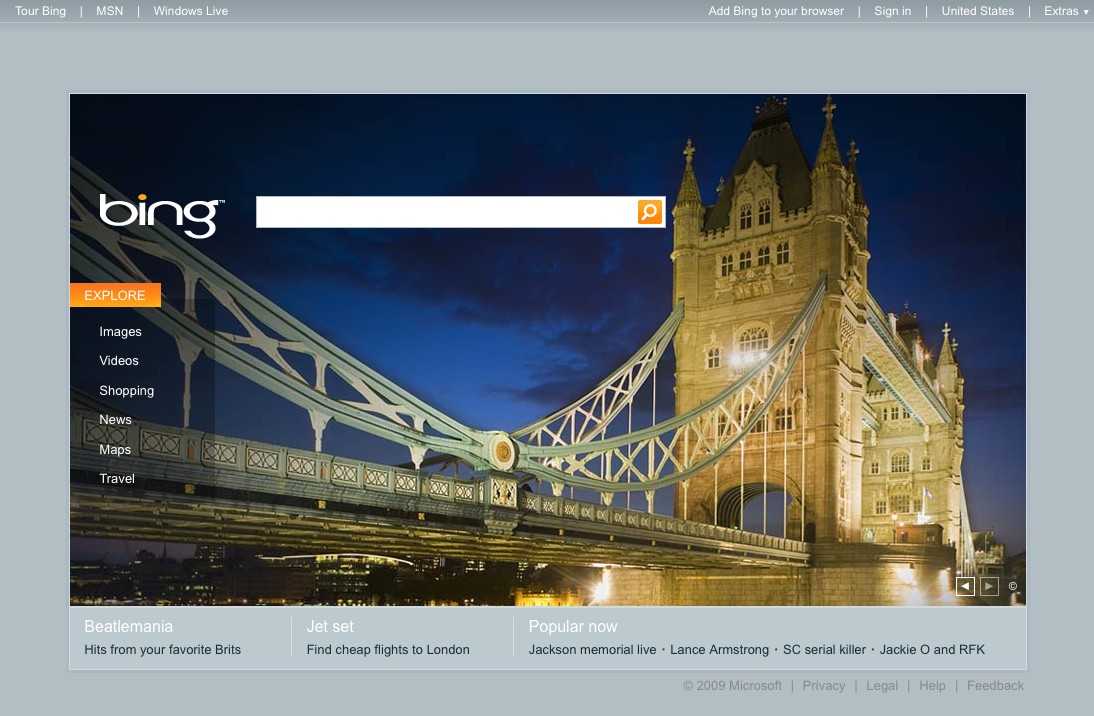-
Rare Book Hub is now mobile-friendly! -
Old World Auctions (June 18): Lot 567. One of the Earliest & Most Desirable Printed Maps of Arabia - by Holle/Germanus (1482) Est. $55,000 - $65,000Old World Auctions (June 18): Lot 681. Zatta's Complete Atlas with 218 Maps in Full Contemporary Color (1779) Est. $27,500 - $35,000Old World Auctions (June 18): Lot 347. MacDonald Gill's Landmark "Wonderground Map" of London (1914) Est. $1,800 - $2,100Old World Auctions (June 18): Lot 1. Fries' "Modern" World Map with Portraits of Five Kings (1525) Est. $4,000 - $4,750Old World Auctions (June 18): Lot 539. Ortelius' Superb, Decorative Map of Cyprus in Full Contemporary Color (1573) Est. $1,100 - $1,400Old World Auctions (June 18): Lot 51. Mercator's Foundation Map for the Americas in Full Contemporary Color (1630) Est. $3,250 - $4,000Old World Auctions (June 18): Lot 667. Manuscript Bible Leaf with Image of Mary and Baby Jesus (1450) Est. $1,900 - $2,200Old World Auctions (June 18): Lot 226. "A Powerful Example of Color Used to Make a Point" (1895) Est. $400 - $600Old World Auctions (June 18): Lot 290. One of the Most Decorative Early Maps of South America - from Linschoten's "Itinerario" (1596) Est. $7,000 - $8,500Old World Auctions (June 18): Lot 62. Coronelli's Influential Map of North America with the Island of California (1688) Est. $10,000 - $12,000Old World Auctions (June 18): Lot 589. The First European-Printed Map of China - by Ortelius (1584) Est. $4,000 - $5,000
-
Forum Auctions
A Sixth Selection of 16th and 17th Century English Books from the Fox Pointe Manor Library
19th June 2025Forum, June 19: Euclid. The Elements of Geometrie, first edition in English of the first complete translation, [1570]. £20,000 to £30,000.Forum, June 19: Nicolay (Nicolas de). The Navigations, peregrinations and voyages, made into Turkie, first edition in English, 1585. £10,000 to £15,000.Forum, June 19: Shakespeare source book.- Montemayor (Jorge de). Diana of George of Montemayor, first edition in English, 1598. £6,000 to £8,000.Forum, June 19: Livius (Titus). The Romane Historie, first edition in English, translated by Philemon Holland, Adam Islip, 1600. £6,000 to £8,000.Forum Auctions
A Sixth Selection of 16th and 17th Century English Books from the Fox Pointe Manor Library
19th June 2025Forum, June 19: Robert Molesworth's copy.- Montaigne (Michel de). The Essayes Or Morall, Politike and Millitarie Discourses, first edition in English, 1603. £10,000 to £15,000.Forum, June 19: Shakespeare (William). The Tempest [&] The Two Gentlemen of Verona, from the Second Folio, [Printed by Thomas Cotes], 1632. £4,000 to £6,000.Forum, June 19: Boyle (Robert). Medicina Hydrostatica: or, Hydrostaticks Applyed to the Materia Medica, first edition, for Samuel Smith, 1690. £2,500 to £3,500.Forum, June 19: Locke (John). An Essay Concerning Humane Understanding in Four Books, first edition, second issue, 1690. £8,00 to £12,000. -
Sotheby’s
New York Book Week
12-26 JuneSotheby’s, June 25: Theocritus. Theocriti Eclogae triginta, Venice, Aldo Manuzio, February 1495/1496. 220,000 - 280,000 USDSotheby’s, June 26: Fitzgerald, F. Scott. The Great Gatsby, 1925. 40,000 - 60,000 USDSotheby’s, June 26: Blake, William. Songs of Innocence and of Experience, Printed ca. 1381-1832. 400,000 - 600,000 USDSotheby’s, June 26: Lincoln, Abraham. Thirteenth Amendment, signed by Abraham Lincoln. 8,000,000 - 12,000,000 USDSotheby’s, June 26: Galieli, Galileo. First Edition of the Foundation of Modern Astronomy, 1610. 300,000 - 400,000 USD
Rare Book Monthly
Articles - August - 2009 Issue
<i>Bing:</i> Microsoft Reenters the Search Engine Wars
By Michael Stillman
The search engine wars may not seem a topic related to the book trade, but of course it is. An increasing number of book sales are generated from search engines, and for those with their own websites, either search engines are your major source of new customers, or you do not have that many new customers. This is how most people find you. Your business may be directly related to the search engines' performance.
Today, "search engine" has become virtually synonymous with Google. At least in America, over three-quarters of searches are believed to be conducted on Google. Businesses live and die by their matches. The only other searchers with significant market share are Yahoo and Microsoft, though they are distant competitors. This must really bug Microsoft, dominant in computer operating systems and related software, but unable to crawl out of a distant third place in the search engine wars.
Now, we may be wrong, but we expect search engines to play an increasing role in selling books online vis a vis the listing sites. Why? The answer is because they can do it more cheaply. They don't have to list books, they simply have to search other sites' listings. They don't have to become involved in sales, and all the related headaches of customer service, because all they do is connect buyers to sellers. The result is they can charge a smaller fee for this connection and let the seller make the sale, which many booksellers prefer to do anyway. So, we expect to see the search engines playing an increasingly important role in online book sales, which is why we believe this topic is important to the book trade. And now we can proceed to the news.
As previously noted, Google dominates the field. This does not please Microsoft. For much of the past decade, Microsoft has been chasing Google, with little success. They first purchased outside search technology, and when that didn't improve their standing, developed their own MSN search. When this made little headway, they developed Live Search. Now, Live is dead too, and Microsoft has moved on to another four letter word: Bing. Early in June, Microsoft canned Live and introduced Bing search to its visitors. Will Bing be the answer to their years of frustration, or another failed attempt to make serious headway into Google's overwhelming lead?
Early returns were favorable to Bing. Well...sort of. According to StatCounter, Microsoft's search share rose from 7.81% to 8.23%, while Google's slipped from 78.72% to 78.48%. I'm no statistician, but that sure sounds like it's within the margin of error, ordinary fluctuations, or both. For something new, the increase appears underwhelming. Perhaps Bing will grow on people as, or if, they use it, but these aren't numbers likely to cause great panic in Mountain View, California.
We took a look at Bing and it's a nice search engine. Instead of having the search box on a plain white page, like Google, Bing places it on a background of a daily changing beautiful picture. That's pretty, but of no particular benefit, maybe even distracting, when it comes to searching. Bing offers some suggestions as you begin typing, but Google can do that too. Bing offers a list of terms related to your search which may be of some marginal benefit for those struggling to find good search terms. Bing is fond of scroll-overs. In Google images, the listing site is shown below the images. On Bing, the site names are not seen until you scroll over the image, at which point it pops up a bit larger and the name of the site appears. This is a clever effect, but slows you down substantially if you want to know on which sites the images are found. Practicality and efficiency has given way to technical wizardry. The interest in special effects wears off. The need for efficiency does not.


















![<b>Forum, June 19:</b> Euclid. <i>The Elements of Geometrie,</i> first edition in English of the first complete translation, [1570]. £20,000 to £30,000. Forum, June 19: Euclid. The Elements of Geometrie, first edition in English of the first complete translation, [1570]. £20,000 to £30,000.](https://ae-files.s3.amazonaws.com/AdvertisementPhotos/dbc5286a-4210-44e3-bbf0-6031c1c49801.png)





![<b>Forum, June 19:</b> Shakespeare (William). <i>The Tempest</i> [&] <i>The Two Gentlemen of Verona,</i> from the <i>Second Folio,</i> [Printed by Thomas Cotes], 1632. £4,000 to £6,000. Forum, June 19: Shakespeare (William). The Tempest [&] The Two Gentlemen of Verona, from the Second Folio, [Printed by Thomas Cotes], 1632. £4,000 to £6,000.](https://ae-files.s3.amazonaws.com/AdvertisementPhotos/655b361c-71c7-48ba-9455-09c14e8c7494.png)











































![<b>Finarte, June 24-25:</b> ALIGHIERI, DANTE. <i>La Commedia [Commento di Christophorus Landinus]. Aggiunta: Marsilius Ficinus, Ad Dantem gratulatio [in latino e Italiano],</i> 1487. €40,000 to €60,000. Finarte, June 24-25: ALIGHIERI, DANTE. La Commedia [Commento di Christophorus Landinus]. Aggiunta: Marsilius Ficinus, Ad Dantem gratulatio [in latino e Italiano], 1487. €40,000 to €60,000.](https://ae-files.s3.amazonaws.com/AdvertisementPhotos/4ee20109-25f3-42e8-93ab-bd4c8e17093a.png)


![<b>Finarte, June 24-25:</b> BANDELLO, MATTEO. <i>La prima [-quarta] parte de le nouelle del Bandello,</i> 1554. €7,000 to €9,000. Finarte, June 24-25: BANDELLO, MATTEO. La prima [-quarta] parte de le nouelle del Bandello, 1554. €7,000 to €9,000.](https://ae-files.s3.amazonaws.com/AdvertisementPhotos/5adfdf34-8a9a-47e5-9288-5e65dac5ce79.png)



![<b>Finarte, June 24-25:</b> FESTE - COPPOLA, GIOVANNI CARLO. <i>Le nozze degli Dei, favola [...] rappresentata in musica in Firenze…,</i> 1637. €6,000 to €8,000. Finarte, June 24-25: FESTE - COPPOLA, GIOVANNI CARLO. Le nozze degli Dei, favola [...] rappresentata in musica in Firenze…, 1637. €6,000 to €8,000.](https://ae-files.s3.amazonaws.com/AdvertisementPhotos/9a1b8605-a566-4fb7-8a4c-5fb72ac539bc.png)





















